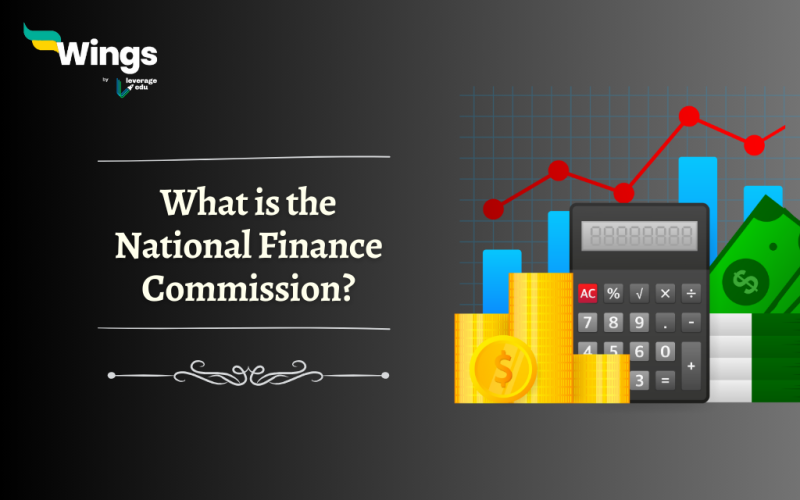The state and Union governments have revenue resources divided between them, this division is done by the National Finance Commission. Article 280 of the Hon’ble Constitution of India established it with the President of India. It was created to clearly define the relationship between the state and the state in terms of finances. President constitutes the National Finance Commission after 5 years or when it is considered necessary to be created.
National Commission and its Chairman
Table of Contents
| Commission | Year Established | Chairman |
| 1st Finance Commission | 1951 | K.C. Neogy |
| 2nd Finance Commission | 1956 | K. Santhanam |
| 3rd Finance Commission | 1960 | A.K. Chanda |
| 4th Finance Commission | 1964 | P.V. Rajamannar |
| 5th Finance Commission | 1968 | Mahavir Tyagi |
| 6th Finance Commission | 1972 | B.N. Banerjee |
| 7th Finance Commission | 1977 | J.M. Shelat |
| 8th Finance Commission | 1983 | Y.B. Chavan |
| 9th Finance Commission | 1987 | N.K.P. Salve |
| 10th Finance Commission | 1992 | K.C. Pant |
| 11th Finance Commission | 1998 | A.M. Khusro |
| 12th Finance Commission | 2002 | C. Rangarajan |
| 13th Finance Commission | 2007 | Vijay Kelkar |
| 14th Finance Commission | 2013 | Y.V. Reddy |
| 15th Finance Commission | 2017 | N. K. Singh (Current) |
Qualification of Finance Commission Members and Chairman
The candidate with relevant experience in public affairs is chosen for the position of chairman of the finance commission.
The rest four members must have the following qualifications
- Are or qualified as a Supreme Court judge
- Carry government finances knowledge
- Hold expertise in finances and administration
- Good Economics knowledge
Related Blogs
This is all about the National Finance Commission. For more content related to the different states of India, visit our Civics and Polity archives.
 One app for all your study abroad needs
One app for all your study abroad needs













